News
Should You Get a Protection Dog? 7 Things to Consider
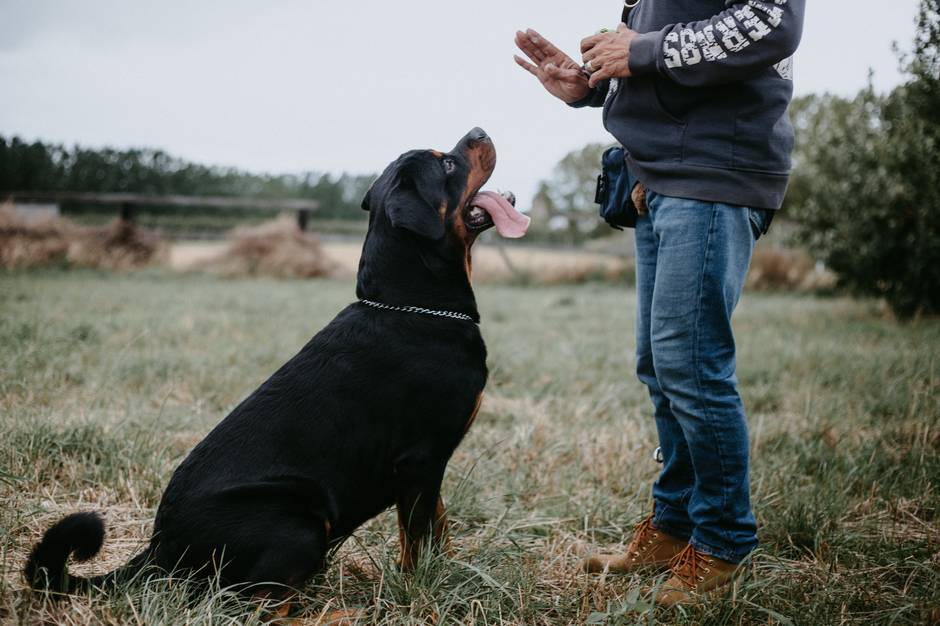
The most common type of crime in the U.S. is property crime, with 1,545.5 cases of larceny or theft and 340.5 burglaries each year. The most common type of violent crime is aggravated assault, with 250.2 cases per year. Security systems and alarms don't always do enough to protect against these incidents.
Protection dogs are becoming an increasingly popular way to increase security. The benefits of a protection dog include detecting hazards, superior protection compared to guns and alarms, the ability to disable attackers, and consistent protection and affection.
Read on for 7 things to consider before getting a protection dog.
1. What Type of Dog Do I Want?
You'll have a wide range of options when choosing a protection dog, but you should carefully consider all of them before making your choice. You'll need to look at their breed and personality and see them in action.
A working breed is the best choice because they're intelligent and have a deep desire to please their owners and complete tasks. Examples include:
- Border Collies
- German Shepherds
- Czech Shepherds
- Belgian Malinois
- German Shorthaired Pointers
- Labrador Retrievers
You should also look at the dog's personality in addition to their breed. A protection dog should be confident and assertive without being pushy or aggressive. They should also be sociable, trainable, and loyal.
The breed you're considering may have some of the traits you desire along with some weaknesses. The Chow Chow, for example, is loyal and protective but difficult to train.
Do your research to find the exact breed and characteristics you need. Also, remember that dogs are individuals and their personalities can differ from breed characteristics.
2. What Do I Want Them to Do?
There are three main categories of protection dog; guard and attack dogs, detecting dogs, and personal or family protection dogs. They each have specific jobs, and knowing the differences helps you choose the right one for your needs.
Guard/Attack Dogs
A barking dog is the second most powerful deterrent to burglars behind CCTV camera systems. There are 3 levels of guard dog protection; alarm, sentry, and attack dogs.
Alarm dogs warn you of intruders by barking or growling. They're great for protecting smaller homes and businesses.
Sentry dogs guard larger areas like businesses and warehouses. They're often left off-leash and trained to attack all trespassers.
Attack dogs are used by law enforcement and the military. They're trained to attack on command, cared for by a single owner, and tend to be too aggressive to fit into a family.
Detecting Dogs
Drugs may be the first thing you picture when you think of a dog sniffing out something, but they can find so much more. Detecting dogs can also unearth contraband, bombs, and cell phones used to trigger explosives.
These special skills provide an additional level of safety to schools, businesses, and other places where large groups gather. The dogs can spot hazards before they become a major issue.
Personal/Family Protection Dogs
There is a major difference between guard dogs and protection dogs. A guard dog protects your property, but a protection dog protects you and your family.
If you don't feel safe walking down the street every day or want to keep your family safe, consider a personal protection dog. They're a great choice for the most vulnerable segments of the population, including single women, large estate owners, the handicapped, the elderly, law enforcement, the military, and government officials.
A family protection dog can be a welcome addition to your home, especially if you have children. They eliminate the need for guns that could be a safety hazard and provide more effective protection than alarms.
3. Where Will I Use Them?
Protection dogs can be used almost anywhere. They help sniff out danger and protect against intruders in homes, businesses, workplaces, schools, government facilities, event venues, prisons, correctional facilities, and transportation hubs like airports and train stations.
Drug-detecting dogs are an especially valuable asset in the workplace.
A recent study found that at least 21 million Americans suffer from substance abuse issues, 16 million of which are currently in the workforce. Dogs can use their keen sense of smell to sniff out illicit substances and help you stop the problem before it starts to affect your business.
4. Can They Be Family Pets?
Dogs can provide affection and protection to all members of a family, as long as they're the right type of dog.
A family protection dog must be properly trained to not respond to anything and everything as a threat. Otherwise, they could attack a friend or family member.
5. Are They Trained?
Early socialization is the key to an effective protection dog. They must be taught as puppies to be comfortable in their environment and protect their owners without attacking or barking at their friends and family.
A trained protection dog is more expensive, but they'll provide you with better protection and require less reinforcement.
6. Am I Willing to Train Them Further?
A trained protection dog should already know basic commands, how to alert bark, and how to be quiet or get off of an intruder when asked.
Establishing yourself as a pack leader is important with any dog because it prevents aggression. Be sure that your animal knows you're in charge and will obey your commands.
Even the best-trained protection dog will need reinforcement every so often. You should be able to reteach them the tasks you need them to complete, whether it's sniffing out drugs or protecting your home.
7. What Is My Budget?
Safety is priceless, but you should consider how much you're able to spend before getting a protection dog.
A trained protection dog costs anywhere from $15,000-$40,000. Going to a cheaper breeder can leave you with an aggressive, unmanageable animal.
Where Can I Find a Protection Dog?
Dogs are loyal companions that view their owners as the leader of the pack and will do anything to protect them. They become excellent guards, detectors, or protectors when properly trained.
There are several considerations to keep in mind before getting a protection dog. You'll need to decide on a breed, what type of job you'll give them, how to train them, and how much you're willing to spend.
3DK9 Protection trains dogs for personal protection, narcotic and explosive detection, and more. Contact us to find the perfect protection dog today.




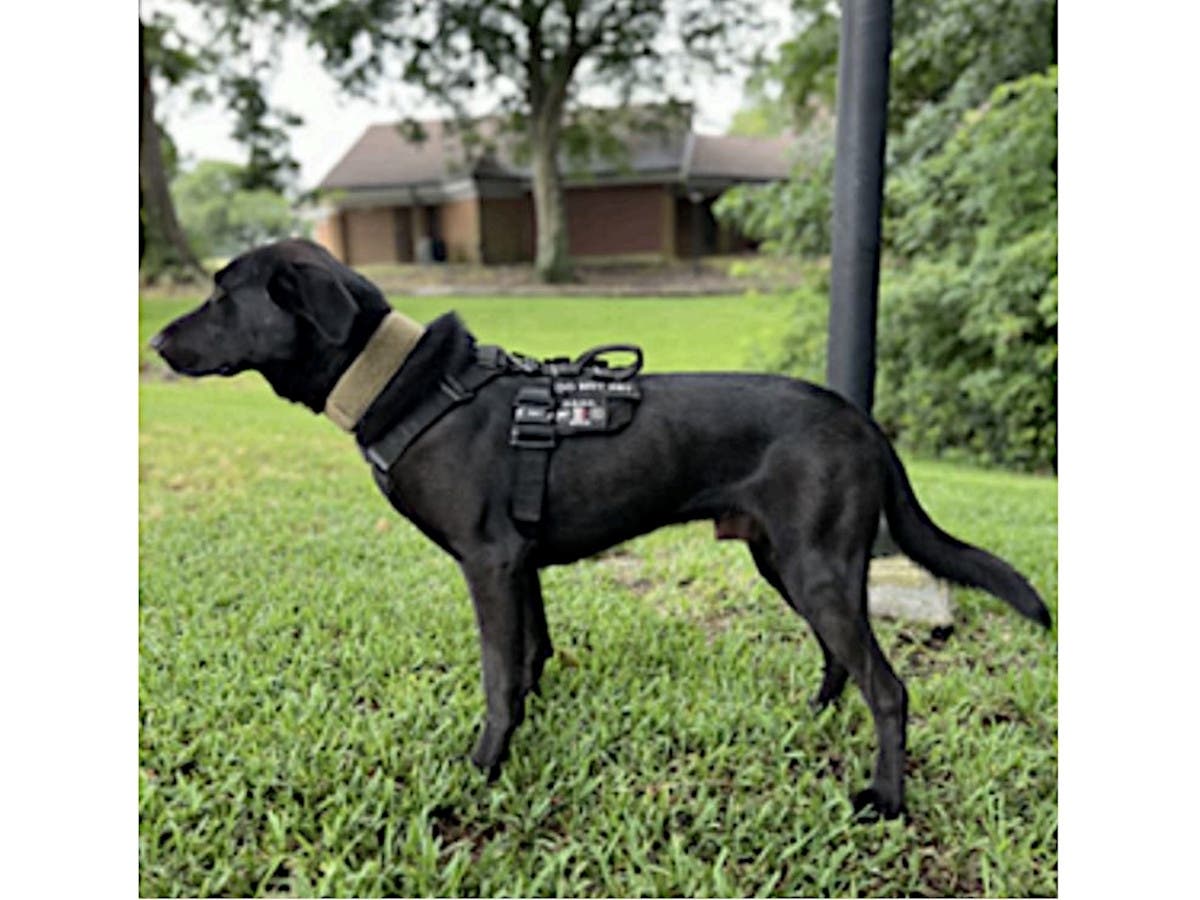

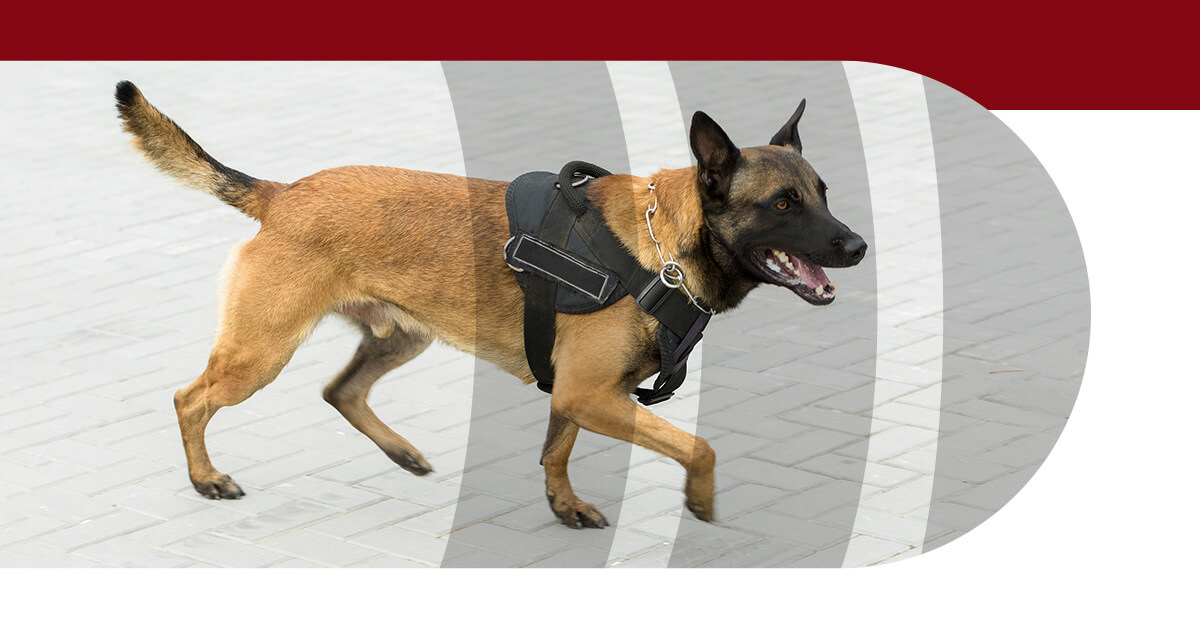
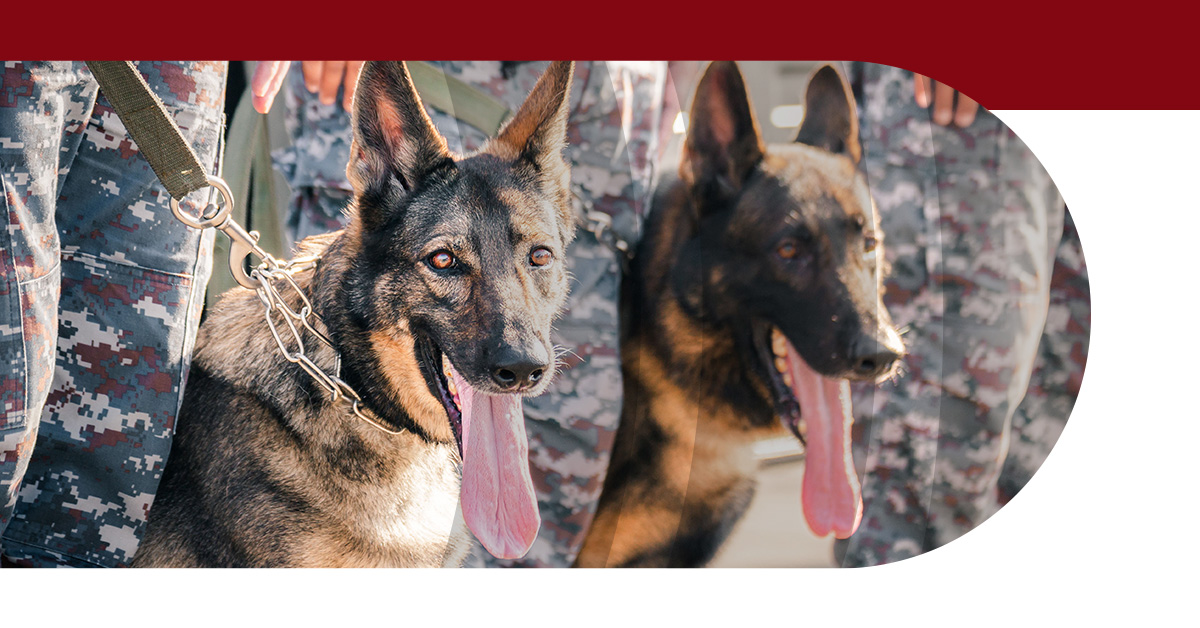

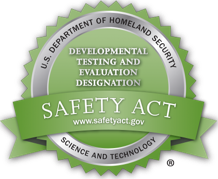

Comments